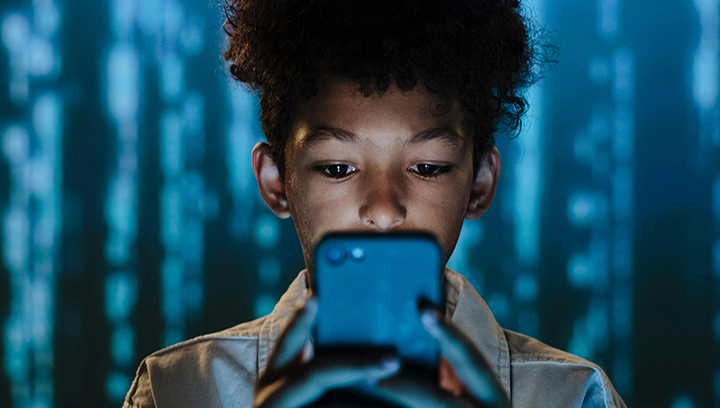
Smartphones and mental health
One major concern is the impact of excessive smartphone use on mental health. Social media, easily accessible through smartphones, exposes teens to unrealistic beauty standards and curated lives, fuelling feelings of inadequacy and anxiety.
The pressure to gain likes and followers can also erode self-esteem. In addition, constant connectivity increases the risk of cyberbullying, leaving teens vulnerable to emotional harm which can follow them into the after school hours.
Smartphones can also disrupt essential sleep patterns. Teens often stay up late scrolling through apps, texting friends, or watching videos. The blue light emitted by screens suppresses melatonin production, making it harder to fall asleep. Chronic sleep deprivation negatively affects academic performance, mood, and overall health.
And if that's not enough, smartphones hinder face-to-face communication too. Teens may struggle to develop critical social skills as they spend more time texting or browsing online than engaging in meaningful, in-person interactions. Over time, this can lead them to feel isolated and with a weakened ability to form deep relationships.
Despite all of these common issues, parents often struggle to support their teens in understanding the risks and reducing their use of smart phones to a level that is more manageable.
One solution is for schools to ban the use of phones during the day. This is beginning to occur, with schools across the country beginning to introduce schemes – often with pupil support – to help limit the impact of smartphones during school hours.
This may have a greater impact than is envisaged. It demonstrates to teens the benefits of not having access to smartphones and reinforces the benefits of in-person social interaction. The boundaries and increased ‘head space’ that are created can feel calming while also modelling a more measured and less compulsive relationship to the smart phone and all that it offers.